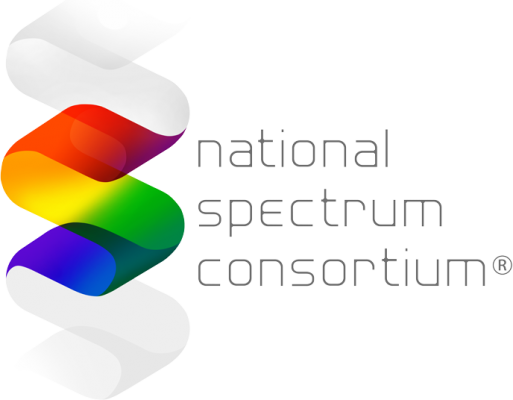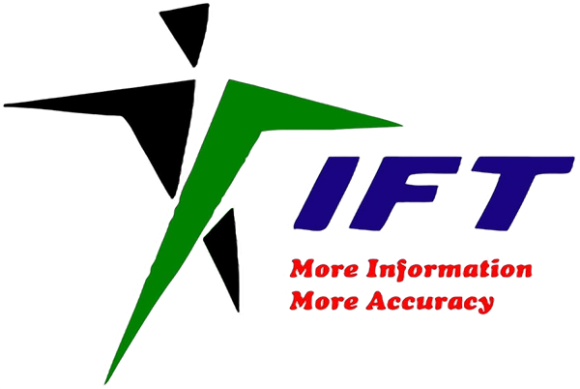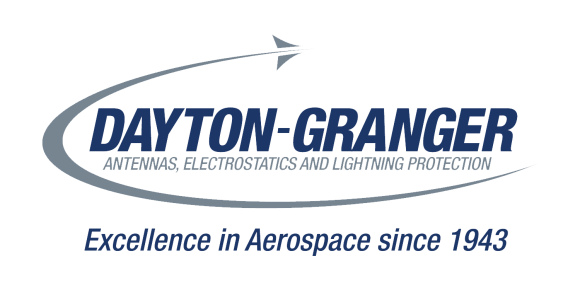In an era marked by rapid technological advancements, military communication plays a pivotal role in ensuring the success and safety of military operations, particularly in littoral environments and contested settings. This workshop aims to explore how emerging technologies such as edge/fog computing and self-organizing networks can be leveraged to enhance military communication in these challenging environments. This workshop will bring together experts from academia, industry, and the military to discuss cutting-edge research, innovative solutions, and best practices in military communication.
Objectives:
●Explore the latest trends and developments in military communication technologies, with a focus on edge/fog computing and self-organizing networks.
●Discuss challenges and opportunities in securing tactical links in contested environments.
●Showcase innovative solutions for improving the efficiency and reliability of military communication systems, particularly in littoral networks.
●Foster collaboration and knowledge exchange among researchers, practitioners, and military professionals in the field of military communication.
Topics of Interest:
1. Next-generation communication technologies for the battlefield, emphasizing edge/fog computing and self-organizing networks.
2. Secure communication protocols and encryption techniques for tactical links in contested environments.
3. Application of edge/fog computing and self-organizing networks in littoral networks.
4. Satellite communication and space-based assets in military operations, with a focus on adaptive network management.
5. Cybersecurity challenges and solutions in military communication, particularly in dynamic and self-organizing networks.
6. Machine learning and AI for enhancing situational awareness and decision-making in contested environments.
7. AI at the edge in unmanned systems, such as drones and autonomous ground vehicles, for improved autonomy, decision-making, and real-time data analysis.
8. Edge/fog systems supporting military operations in remote or isolated areas with limited or non-existent connectivity to centralized networks.
9. Human-AI collaboration in military operations using self-organizing and edge networks
10. Case studies and lessons learned from real-world deployments of edge/fog computing and self-organizing networks in military communication.
Format:
The workshop will consist of keynote presentations, technical paper sessions, panel discussions, and interactive demos. Participants will have the opportunity to present their research findings, share insights, and engage in discussions on various aspects of military communication in littoral environments.
Targeted Audience:
The workshop is designed for researchers, engineers, military personnel, policymakers, and industry professionals interested in advancing the state-of-the-art in military communication, particularly in edge/fog computing, self-organizing networks, and littoral operations.
Workshop Organizers
Workshop Co-Chairs:
●Professor Gokhan Secinti (Istanbul Technical University, Turkiye)
●Professor Atakan Aral (Umeå University, Sweden & University of Vienna, Austria)
●Professor Angelo Trotta (University of Bologna, Italy)
●Professor Debashri Roy (The University of Texas Arlington, USA)
Workshop Publicity Chair:
- R.A. Talip Tolga Sarı, Istanbul Technical University, Turkiye
Organizer’s Bio:
Prof. Gokhan Secinti is an Assistant Professor in the Computer Engineering Department at İstanbul Technical University (ITU). He worked as a Postdoctoral Research Associate at Northeastern University between 2017 - 2019 and worked as a Research Assistant at ITU between 2010 - 2017. He received his PhD in 2017 and his MSc in 2012 from ITU. He received the distinguished PhD thesis award in 2018 from ITU. He also received the best paper award from IEEE WCNEE in 2022 and from IEEE CAMAD in 2016, the Best Poster Paper award from IEEE INFOCOM in 2015 and has authored 11 journals and 25 conference papers. He is the general co-chair of the International Workshop on Communication and Networking for Swarms Robotics (ROBOCOM) at IEEE CCNC 2021-present, publicity co-chair for IEEE CCNC 2022-present, publication chair for IEEE CAMAD 2023, local arrangement co-chair for IEEE BlackSeaCom 2023. Additional information at: https://web.itu.edu.tr/secinti/
Prof. Atakan Aral is an Assistant Professor of Distributed Systems at Umeå University. He is also the principal investigator of the HE EIC CHIST-ERA projects SWAIN and TROCI at the University of Vienna. Dr. Aral studied computer science and engineering at the Technical Universities of Milan and Istanbul, where he received his Ph.D. in 2016. He was a postdoctoral fellow at TU Wien between 2016 and 2021. His research focuses on the QoS challenges of edge computing, edge AI, and the IoT for the next generation of data science, which produced a substantial impact with 36 peer-reviewed publications, including 13 journal articles and the best student paper at CLOSER 2018. Dr. Aral is an IEEE Senior Member, a WASP-affiliated faculty, and a SIG chair at the Center for AI and ML. He served on the organizing committees of IFIP/IEEE NOMS 2016, ACM EdgeSys 2022 & 2023, IEEE CAMAD 2023, and IoT 2024, and he is the general co-chair of ACM EdgeSys 2024. Additional information at: https://www.umu.se/en/staff/atakan-aral/
Prof. Angelo Trotta received the Ph.D. in computer science and engineering from the University of Bologna, Bologna, Italy, in 2017. He was a Visiting Researcher with the Heudiasyc Laboratory, Sorbonne Universities, UTC, Compiègne, France, in 2014, and with the GENESYS-Laboratory, Northeastern University, Boston, MA, USA, in 2018. He is currently Junior Assistant Professor with the Department of Computer Science and Engineering, University of Bologna. He is co-founder of ‘AI for People’, an international association whose aim is to use Artificial Intelligent technology for the social good. His current research interests include nature-inspired algorithms for self-organizing multi-robot wireless systems, fog/edge computing, federated learning and IoT. Additional information at https://www.unibo.it/sitoweb/angelo.trotta5/en Prof. Debashri Roy is an Assistant Professor at the Department of Computer Science and Engineering, at The University of Texas Arlington (UTA) where she leads the Transformative Wireless Systems and Technology (TWiST) Lab. Before this, she was a Research Scientist at the Department of Electrical and Computer Engineering, at Northeastern University for three years. She received her Ph.D. in Computer Science from the University of Central Florida in 2020. Her research interests involve ML-based applications in the wireless communication domain. She received the Best Paper award in IEEE IPCCC 2018. She was awarded a National Science Foundation (NSF) grant on deep-spectrum learning in Sub-6 GHz in 2022. She serves on the editorial board for Elsevier Computer Communications. She is part of multiple organizing committees including the unclassified TPC chair for IEEE MILCOM 2024, track chair for IEEE MSN 2023, poster chair for IEEE LANMAN 2021, publicity chair for IEEE CCNC 2022-2025, publication chair for IEEE DySPAN 2024, PhD Forum chair for IEEE SMARTCOMP 2024. She has authored around 18 journal/magazine papers, 21 conference papers, 2 book chapters, and 5 provisional patents. Dr. Roy is a senior member of the IEEE. Additional information at https://debashriroy.github.io/
Prof. Debashri Roy is an Assistant Professor at the Department of Computer Science and Engineering, at The University of Texas Arlington (UTA) where she leads the Transformative Wireless Systems and Technology (TWiST) Lab. Before this, she was a Research Scientist at the Department of Electrical and Computer Engineering, at Northeastern University for three years. She received her Ph.D. in Computer Science from the University of Central Florida in 2020. Her research interests involve ML-based applications in the wireless communication domain. She received the Best Paper award in IEEE IPCCC 2018. She was awarded a National Science Foundation (NSF) grant on deep-spectrum learning in Sub-6 GHz in 2022. She serves on the editorial board for Elsevier Computer Communications. She is part of multiple organizing committees including the unclassified TPC chair for IEEE MILCOM 2024, track chair for IEEE MSN 2023, poster chair for IEEE LANMAN 2021, publicity chair for IEEE CCNC 2022-2025, publication chair for IEEE DySPAN 2024, PhD Forum chair for IEEE SMARTCOMP 2024. She has authored around 18 journal/magazine papers, 21 conference papers, 2 book chapters, and 5 provisional patents. Dr. Roy is a senior member of the IEEE. Additional information at https://debashriroy.github.io/












